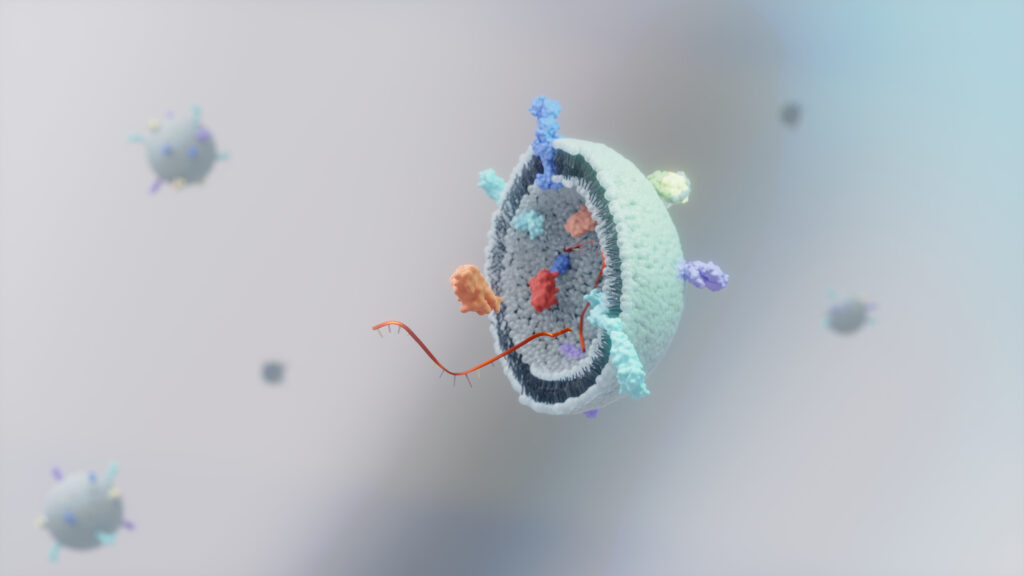Reversing Cardiac Fibrosis: A Path to Restoring Cardiac Function in Acute Myocardial Infarction
Acute myocardial infarction (MI), commonly known as a heart attack, is a critical condition that severely compromises cardiac function. One of the significant consequences of MI is cardiac fibrosis, which leads to the stiffening of heart tissue and ultimately results in heart failure. Recent research has illuminated potential therapeutic avenues to reverse cardiac fibrosis and restore heart function, particularly through the use of exosomes derived from mesenchymal stem cells (MSCs) pretreated with vericiguat.
Exosomes, nano-sized extracellular vesicles, have emerged as promising biomarkers for cardiovascular diseases. Their role in cell-to-cell communication makes them valuable in therapeutic applications, especially for cardiac repair post-MI. The study under discussion investigates how exosomes from MSCs that have been pretreated with vericiguat can enhance cardioprotective functions and the underlying mechanisms driving this effect.
Vericiguat, a soluble guanylate cyclase stimulator, has shown encouraging results in reversing hypertrophy and fibrosis in MI. However, the exploration of vericiguat’s effect in combination with MSCs is still relatively nascent. This research aims to fill that gap by administering MSC-derived exosomes—specifically those pretreated with vericiguat—to cardiac fibroblasts in vitro and male infarcted Sprague-Dawley rat hearts in vivo.
The findings are promising. In vivo experiments revealed that exosomes from vericiguat-pretreated MSCs (MSCVER-Exo) significantly improved cardiac function, reduced cardiac fibrosis, and decreased the expression of key profibrotic markers like α-smooth muscle actin (α-SMA) and collagen types I and III (Col I and Col III) when compared to exosomes from untreated MSCs (MSC-Exo). In vitro studies echoed these results, demonstrating that MSCVER-Exo inhibited the proliferation and migration of cardiac fibroblasts while also downregulating profibrotic gene expression.
A significant aspect of this study is the identification of miR-1180-3p, a microRNA enriched in MSCVER-Exo. This microRNA was found to be capable of being delivered to cardiac fibroblasts, where it alleviated TGF-β1-induced fibrosis by inhibiting ETS1 signaling. This mechanism elucidates how exosomes derived from vericiguat-pretreated MSCs can enhance cardioprotective effects, particularly through the modulation of cardiac fibroblast function and the targeted antifibrotic action of miR-1180-3p.
The implications of this research are profound. By reversing cardiac fibrosis, we can potentially restore cardiac function in patients suffering from acute myocardial infarction. The synergistic effect of MSC-derived exosomes and vericiguat presents a novel therapeutic strategy that could improve patient outcomes in cardiovascular diseases.
This study was conducted by a team of researchers: Chunyu Li, Chongming Zheng, Yanan Pu, Haoyang Zhou, Ying Li, Weiwei Wang, Xufeng Chen, Cheng Zhang, and Yan Chen, all affiliated with the Department of Emergency and Critical Care Medicine at The First Affiliated Hospital of Nanjing Medical University and other institutions. Their pioneering work sets the stage for further exploration into the therapeutic potential of exosomes in cardiac repair, opening new avenues for treatment in the face of cardiovascular diseases.


